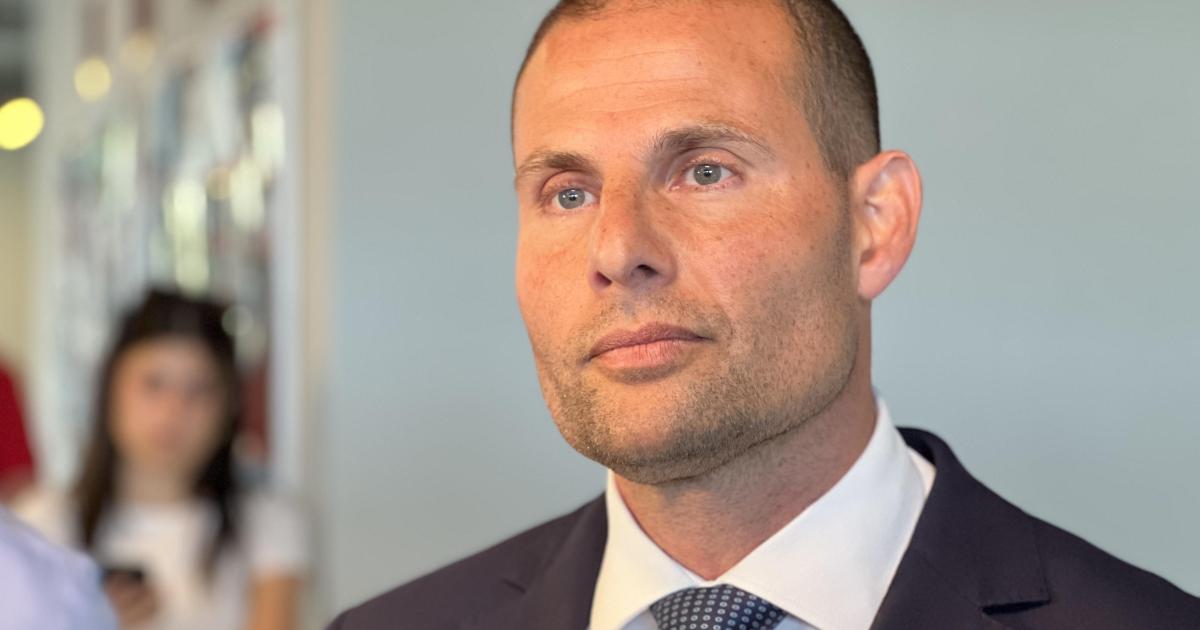By Daniel Ellul
The government will eventually introduce a bill on euthanasia, Robert Abela has said, but not before it analyses the “voluminous” number of consultations it has received on the issue. Prime Minister Abela was speaking on Wednesday, the last day of a public consultation proposing the availability of voluntary assisted euthanasia for terminally ill patients with less than six months to live. When the public consultation was first announced, Equality Junior Minister Rebecca Buttigieg had stressed the government would gauge the public’s sentiment on euthanasia before deciding on whether to legislate. “If one had to publish the bill tomorrow, it would mean we ignored the submissions, that would be a disservice to the people. We are going to listen and look at the different perspectives and there might be issues that we didn’t consider in the white paper,” he said. Buttigieg announced the public consultation for the introduction of euthanasia in May. Under the government’s proposal, euthanasia must be on an entirely voluntary basis and the request can only come from the patient themselves, and only if they are in a good mental state to take the decision. No one would be authorised to make the decision on a patient’s behalf. Similarly, patients can in no way be coerced, pushed or encouraged to opt for, and even presenting euthanasia as an option to a patient would constitute a criminal offence. The patient must be aged over 18, suffering from an incurable, terminal illness that is predicted to result in death within six months, and they must have exhausted all available treatments and therapeutic services. Under the government’s proposal, euthanasia would only be available for terminally ill patients with six months to live. Patients who request to terminate their life would be given a one-week cooling-off period to sleep on it and reconsider whether they want to go ahead with it. That proposal, open to public feedback for two months, ended on Wednesday. That morning, Abela said the government received a significant amount of feedback. “It’s a good thing because society is participating in the debate in a civil manner. That’s what I wanted – for the debate not to be politicised and I hope that it isn’t politicised because it would be a disservice.” He said different perspectives were presented, some of which were opposing views. “The next phase is to analyse submissions and take the points from there and include them in the bill.” ‘Palliative care strengthened’ Abela said that the government strengthened palliative care before putting forward the euthanasia white paper. “We invested millions of euros with Hospice to build a centre of excellence in palliative care,” he said. The government also finances the salaries of professionals in the Santa Venera Hospice building. The government also helps with palliative care in people’s homes and the Sir Anthony Mamo Oncology Centre. “We first ensured that we are offering the best medicines, infrastructure and services in palliative care before publishing the (consultation) document.” He said palliative care needs to be strengthened, but the euthanasia debate can proceed separately. While Abela praised Malta’s palliative care, others have criticised it, particularly with regards to available medication. Fr Emanuel Agius, a professor of moral philosophy and moral theology, recently said that terminally ill patients in Malta have access to only 10 per cent of palliative care medicines approved by the World Health Organisation for use in the European Union. Similarly, the Medical Association of Malta said legalising euthanasia in Malta at this stage is premature, as end-of-life care in Malta is not good enough. The Palliative Care Association of Malta also raised concerns, saying that doctors are wrong about whether a patient has six months to live around 75 per cent of the time.
